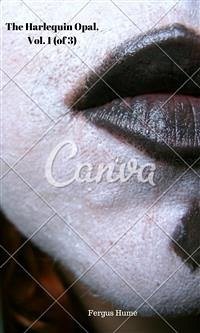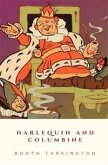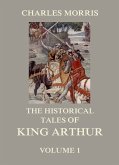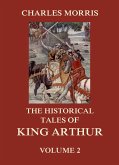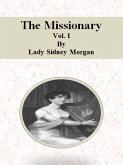Fergusson Wright Hume, known as Fergus Hume (8 July 1859 – 12 July 1932) was a prolific English novelist. Finding that the novels of Émile Gaboriau were then very popular in Melbourne, he obtained and read a set of them and determined to write a novel of a similar kind. The result was the self-published novel The Mystery of a Hansom Cab (1886), which became a great success. Hume based his descriptions of poor urban life on his knowledge of Little Bourke Street. He sold the English and United States rights to the novel for 50 pounds, and thus derived little benefit from its success. It eventually became the best selling mystery novel of the Victorian era, author John Sutherland terming it the "most sensationally popular crime and detective novel of the century".This novel inspired Arthur Conan Doyle to write A Study in Scarlet, which introduced the character Sherlock Holmes. Doyle remarked, "Hansom Cab was a slight tale, mostly sold by 'puffing'." After the success of his first novel and the publication of another, Professor Brankel's Secret (c.1886), Hume returned to England in 1888.He resided in London for few years and then he moved to the Essex countryside where he lived in Thundersley for 30 years, eventually producing more than 100 novels and short stories. He continued to be anxious for success as a dramatist, and at one time Henry Irving was favourably considering one of his plays, but he died before it could be produced.
Bitte wählen Sie Ihr Anliegen aus.
Rechnungen
Retourenschein anfordern
Bestellstatus
Storno

